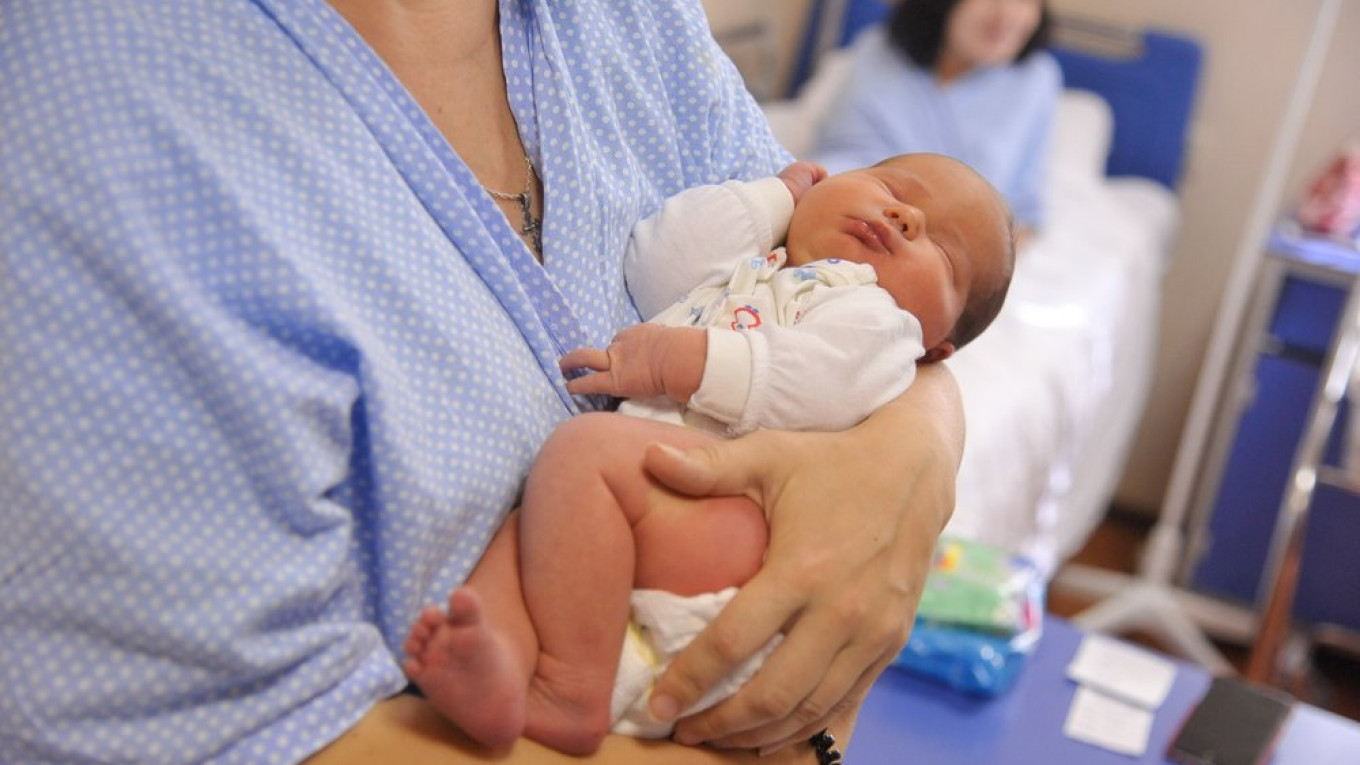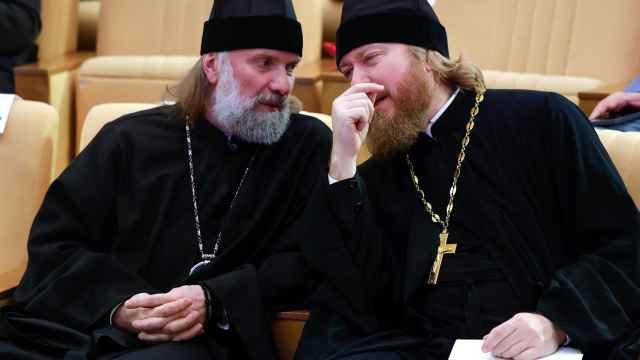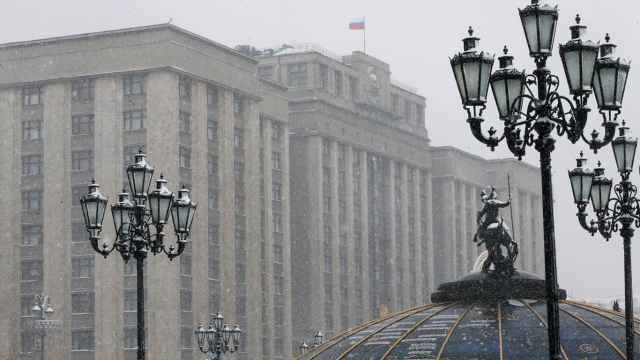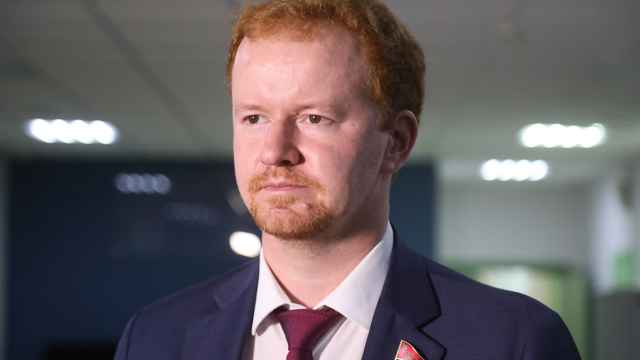Russian lawmakers have ordered a study on assisted human reproduction, including a cutting-edge and controversial gene-editing technology that would create a “new type of society.”
New gene-editing tools such as CRISPR/Cas9 have made it possible to rearrange the genetic code much more precisely and at lower costs than before. A Chinese scientist caused outrage last year with a claim to have “gene-edited” babies, while a Russian biologist has this year declared plans to modify the genomes of human embryos and implant them in women.
The State Duma’s central office placed an 8.97 million ruble ($134,500) contract on the Russian government’s procurement website Friday which seeks expert analysis on the “nuances” of assisted reproduction by Nov. 30.
“Study the possibilities of conflict-free development of a new generation of technologies for the use of assisted reproductive technologies (genome editing, metabolism management during pregnancy, etc.) to create a new ... type of society,” reads a section of the order.
The contract’s winner will be required to develop the concept of assisted reproductive technology “as a breakthrough of the new century and the basis for the formation of new ideas about professional activity in the current millennium.”
World Health Organization experts said this year that a central registry of all human genome-editing research was needed “in order to create an open and transparent database of ongoing work.”
This spring, Russia launched a 111 billion ruble (US$1.6 billion) federal program to create 10 new varieties of gene-edited crops and animals by 2020 — and an additional 20 by 2027.
Reuters contributed reporting to this article.
A Message from The Moscow Times:
Dear readers,
We are facing unprecedented challenges. Russia's Prosecutor General's Office has designated The Moscow Times as an "undesirable" organization, criminalizing our work and putting our staff at risk of prosecution. This follows our earlier unjust labeling as a "foreign agent."
These actions are direct attempts to silence independent journalism in Russia. The authorities claim our work "discredits the decisions of the Russian leadership." We see things differently: we strive to provide accurate, unbiased reporting on Russia.
We, the journalists of The Moscow Times, refuse to be silenced. But to continue our work, we need your help.
Your support, no matter how small, makes a world of difference. If you can, please support us monthly starting from just $2. It's quick to set up, and every contribution makes a significant impact.
By supporting The Moscow Times, you're defending open, independent journalism in the face of repression. Thank you for standing with us.
Remind me later.






